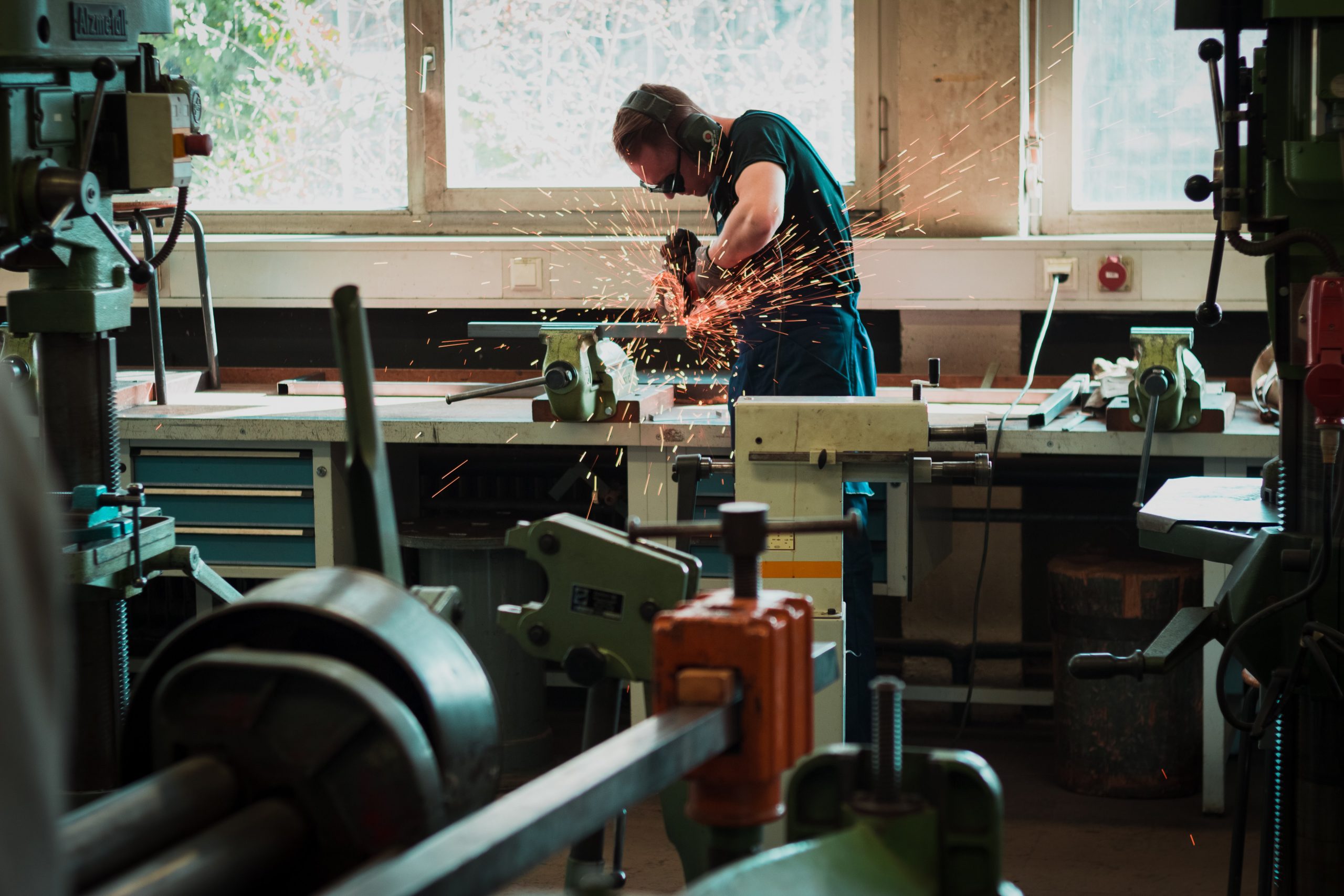
Enabling Federal Agencies to Tackle Complex Problems with the Help of Makers-In-Residence
Summary
Across the U.S., there are approximately 2,000 makerspaces and Fab Labs where makers with a broad and diverse set of skills have developed innovative approaches to solving pressing problems in their communities. The next administration should implement a Maker-In-Residence (MIR) fellowship program that allows federal agencies to leverage the incredible skills and knowledge of the American maker community to address complex problems specific to their missions.
Implementation of the MIR fellowship program would enable American makers and innovators to:
- Contribute their knowledge and unique and diverse skill sets to fulfilling the missions of federal agencies while learning first-hand about federal policy and the policymaking process
- Utilize their learnings to solve complex societal problems and affect policy change in their local communities.
The transition to a clean energy future and diversified sources of energy requires a fundamental shift in how we produce and consume energy across all sectors of the U.S. economy.
Advancing the U.S. leadership in emerging biotechnology is a strategic imperative, one that will shape regional development within the U.S., economic competitiveness abroad, and our national security for decades to come.
Inconsistent metrics and opaque reporting make future AI power‑demand estimates extremely uncertain, leaving grid planners in the dark and climate targets on the line
As AI becomes more capable and integrated throughout the United States economy, its growing demand for energy, water, land, and raw materials is driving significant economic and environmental costs, from increased air pollution to higher costs for ratepayers.